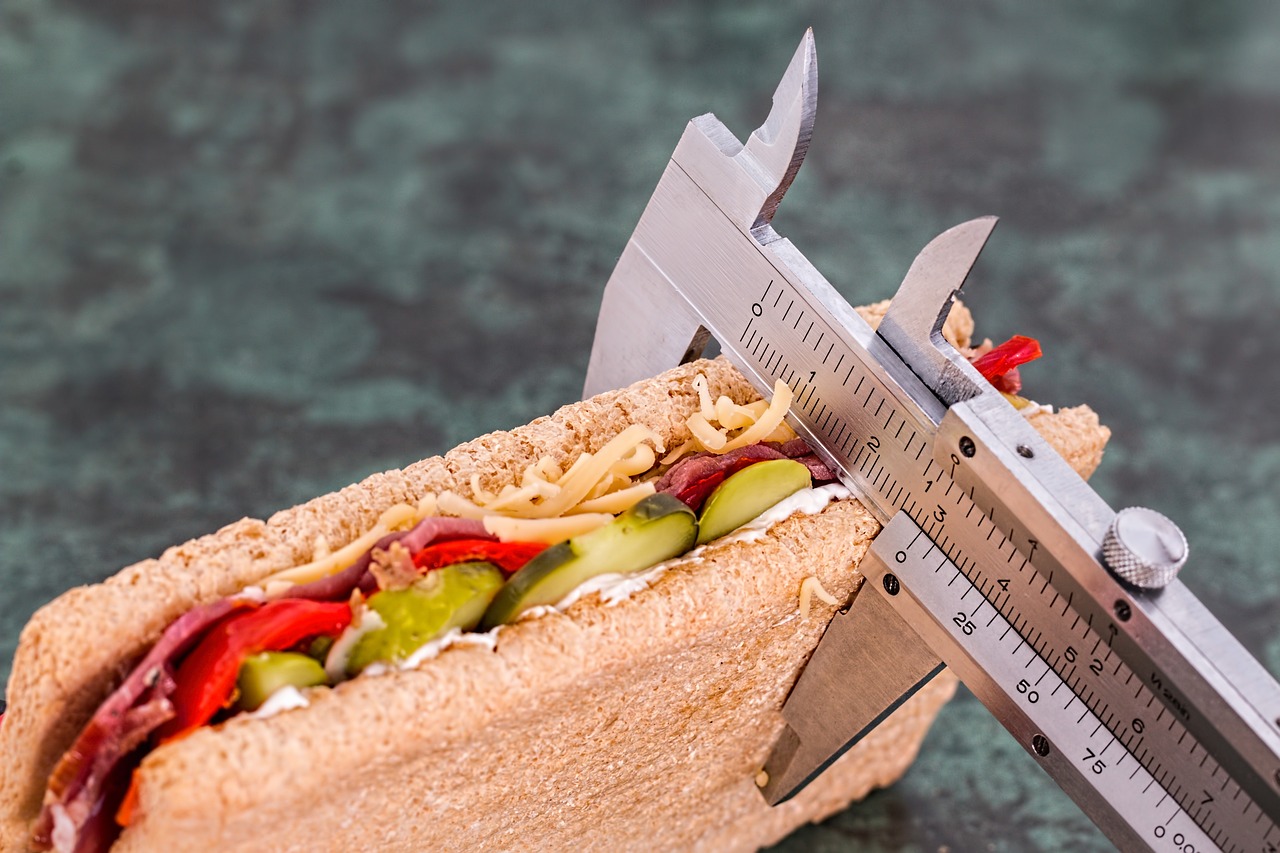3. Time Your Meals Strategically
-
Nutrition and Healthy Diet

Nutrition Tips for Enhancing Athletic Performance: Fueling Your Body for Success
Whether you’re a professional athlete, a weekend warrior, or someone who simply enjoys staying active, proper nutrition plays a pivotal…
Read More »